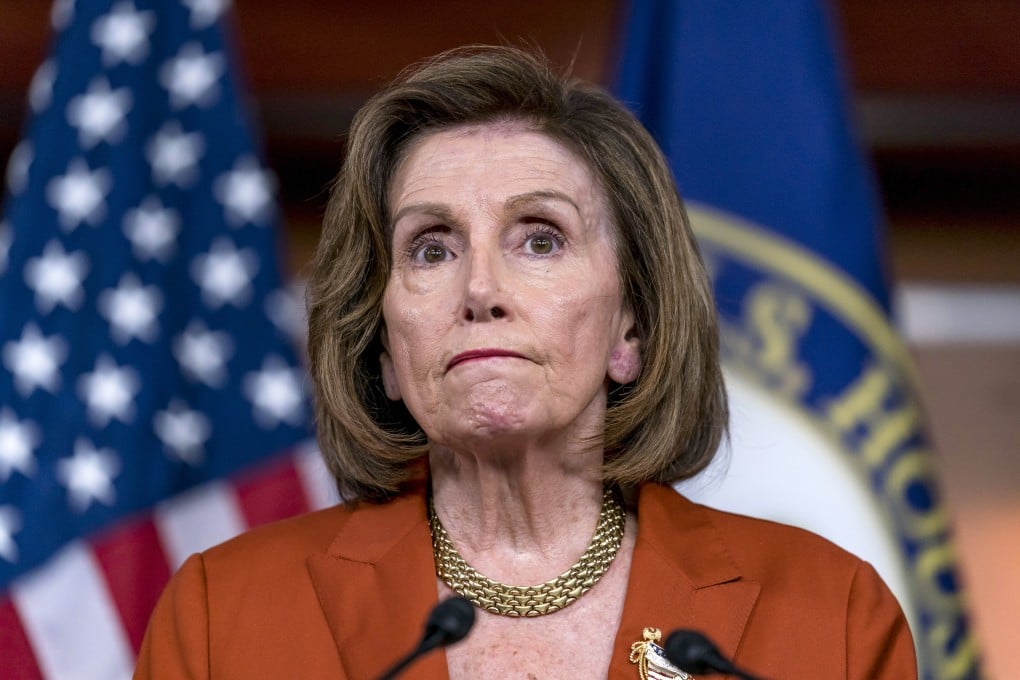Opinion | If Pelosi really wants peace to prevail in Taiwan, she’ll stay away
- The best thing for Taipei’s security would be for Washington to do everything it can to repair ties with Beijing, instead of constantly provoking it
- If that is too much to hope for, the next best thing would be for US politicians to simply do nothing

Sure, when it comes to the moralism of the average American politician, sensitivity to other political cultures is a pretty alien concept. But there was an easy way out before this affair got dicey.
If only the government of the People’s Republic, albeit with an insincere grin, had put on a happy face over the proposed visit to Taipei next month by Pelosi, the speaker of US House of Representatives – like it was sort of nothing. Maybe even invite her to Beijing afterwards?
True, such a clever manoeuvre would have taken self-confidence and cosmopolitan savvy, but it would have frustrated anti-China hawks. Alas, such slick moves are not the hallmark of the elite currently holding sway in Beijing.
It would have been even better for peace in East Asia if the strong-minded politician (think Margaret Thatcher, tilting slightly left) had thought better of proposing the visit in the first place, given the terrible timing.
